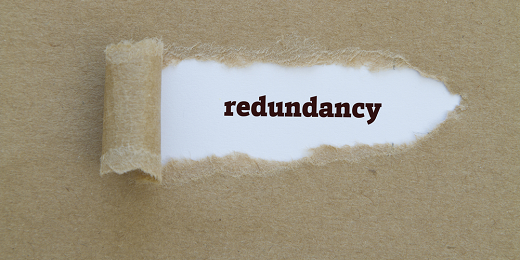Director Advice

What is a ‘shadow director’? Are they liable in an insolvency procedure?
Understanding the role, liabilities and implications of a shadow (sometimes called silent) director, particularly in a company insolvency procedure.

I have taken too much out of my company in dividends – what can I do?
There are various ways for directors to take money out of their limited company. One of the most popular methods of drawing down funds is by issuing dividends to shareholders. Often taken in conjunction with a low basic salary paid through PAYE, dividends are one of the most cost-effective and tax-efficient ways of paying yourself as a company director.

What actions can creditors take against my company?
If you owe money to your creditors that you can’t repay, they can take legal action against you which could potentially lead to the closure of your business.

Can I lose my home due to business debts?
In general, your home is protected by the ‘veil of incorporation’ that separates the company as an entity from you as a director.

Can I go to jail for business fraud? Could I be arrested?
If your company is forced into liquidation, the actions of all directors leading up to insolvency will be investigated by the liquidator.

The Rating and Director Disqualification Bill
New legislation may mean former company directors can be retrospectively issued with a disqualification order if they misuse the dissolution process.

Is a company director entitled to redundancy pay if their company is insolvent?
It isn’t common knowledge but directors may have a claim for redundancy when their company enters liquidation. They must be able to prove their status as an employee of the company, and fulfil more than an advisory or non-executive role.

Who is Liable for my Accountant's Mistakes?
Hiring an accountant to complete your company accounts and tax returns not only frees up time, it negates the need to employ high-level finance staff in-house.

What is misfeasance and what happens if I am found guilty?
Under the Companies Act, 2006, directors can be held personally liable for losses caused to creditors where ’misfeasance’ has occurred.

Can I be a director of multiple companies even if one is in liquidation?
Under company law you can be a director of multiple enterprises, regardless of whether one company is in liquidation.

Can I trade under a different name than that registered at Companies House?
It is possible to officially register a company name at Companies House, but then use one or more ‘trading names’ as required by yourself or your organisation. Some companies trade under different names, with the name registered at Companies House belonging to the original company.

What are the dangers of overtrading?
Overtrading often results from businesses growing more rapidly than their production and cash flow can accommodate, or the late payment of customer invoices. If not anticipated properly, overtrading can lead to insolvency and the closure of a business.

An Insolvent Company Owes Me Money – What Do I Do?
If you are owed money by an insolvent company, your options vary according to the level of debt, and the lengths you are prepared to go to recover your money.

What options are available when a customer will not pay my invoice?
When customers don’t pay your invoices it can cause serious cash flow problems and ultimately lead to irreversible financial issues if not addressed. There are a number of actions you can take, however, to ensure your business isn’t compromised to the point of insolvency.
